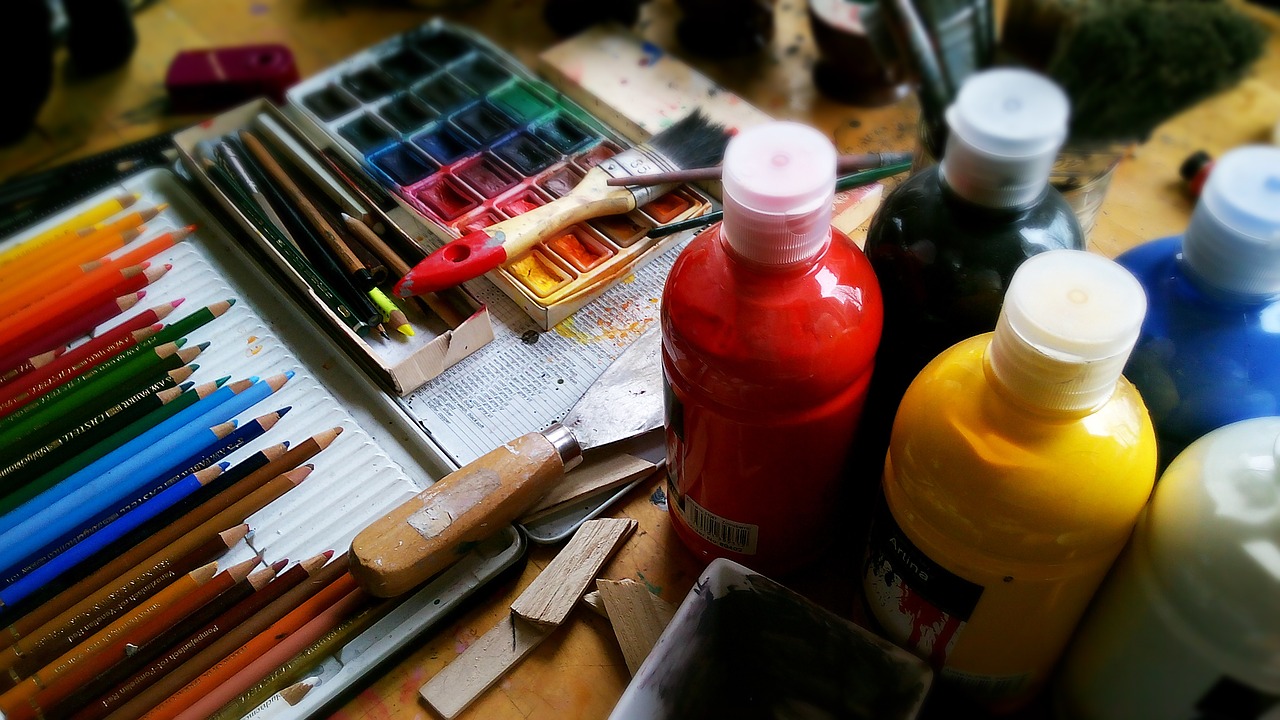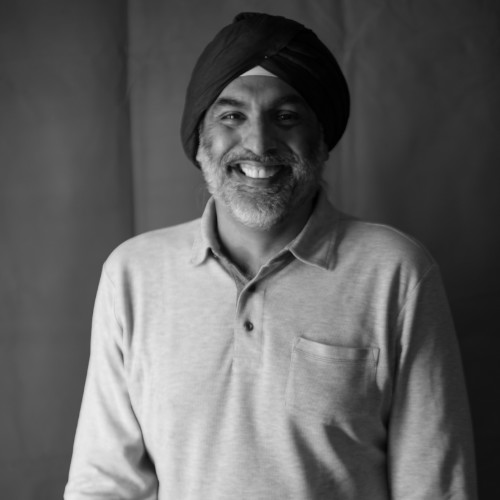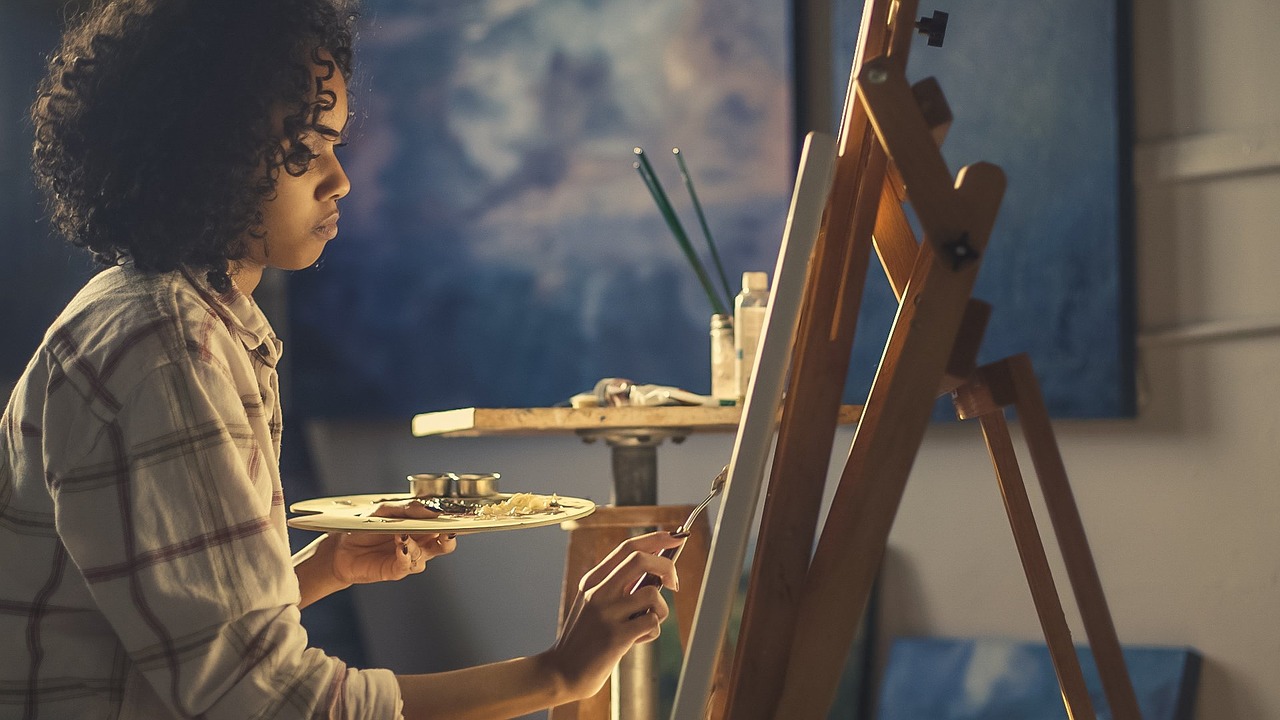Professor Brian Sutton-Smith, a developmental psychologist, studied the role of play and games in both adult and children. When asked, “Why do we study play?” he replied, “We study play because life is crap. Life is crap, and it’s full of pain and suffering, and the only thing that makes it worth living—the only thing that makes it possible to get up in the morning and go on living — is play.”
His obituary in the New York Times read, “He also had a foot planted in folklore and as a result cast a wide scholarly net, taking in jokes, riddles, stories and street games as well as toys, board games, organised sports, computer gaming and even daydreaming.”
Recently, after a workshop, someone asked me about my hobbies. Some people may have found the question strange. I mean, who asks people about hobbies at a rather fancy party?
The answer came rather naturally. I learnt cycling, swimming and running when I had put on weight.
I learnt candle-making when I needed to learn to slow down my hyperactive brain.
I did try gardening, but all my plants died and so did my love for gardening.
My love for music (Deep Purple, The Who, Led Zeppelin) came from my brother and friends.
Some hobbies did not come easy. I think my love for reading management books came because of a desire to catch up with the Ivy Leagues and the IIMs.
My love for airplanes came when I went to work for FedEx, which was perhaps one of the largest fleets in the world. I am often told that my career in positivity is a natural fit, a classic case of how a hobby became a full-time profession.
So why are hobbies something you undertake when you were a child? How did hobbies become uncool, childish, and even a waste of time? The easiest answer is that the everyday rush of life leaves you with little time.
At a deeper level, it does seem a bit geeky and nerdy to collect Star Trek memorabilia or Asterix comics (guilty!). You could add that in modern culture our energies are primed towards aspirations, career goals, and achievements. Our spare time is spent perhaps with families, but increasingly towards television, social media or, even better, office emails (surprise, surprise!).
Changing perceptions
It is time to change the perceptions toward hobbies and hobbyists.
Winston Churchill took up painting. Richard Branson was injured while cycling in the British Virgin Islands when his cycle went over a cliff. Open the papers and you will find CEOs participating in marathons, car racing, hiking, meditation, social service. Many billionaires devour books. They take to writing, public speaking, poetry to learn and teach. Golf courses, tennis courts and yacht clubs have the C-suite of top companies as their members.
Of course, you might argue, do you first become a C-Suite member and then take up a hobby? That is rather unlikely. Most of them had hobbies which they always found time to pursue.
Why you ask?
Hobbies are a source of learning: First, these wildly successful people find a certain sense of meaning and learning. Richard Branson developed his risk-taking skills in his absolutely wild adventures. Hobbies have a role in improving their skills in professional lives. There is emerging research that focusing on aspects other than work has a ripple effect on the satisfaction and achievements on work and other aspects of life.
Give you the thrill of achievement: After a rough day at work, if you can pick up that guitar and strum a few notes, you will find that the soothing tunes calm you down.
Relieve stress: Activities that are personally enjoyable gives you a much-needed break; restore your blood flow and reduce overall stress.
Open you to new experiences: Hobbies such as art, dance and music can be very immersive. They give you a high of experiencing something new and fire up your creativity, curiosity and courage.
Open you up to “giving”: Some people I know spend their spare time helping others. There is enough scientific research that shows that performing acts of kindness leaves people feeling more empowered, healthier and happier.
Rejuvenate your social connectedness: Joining a drum circle or a salsa class can help you connect with like-minded people. My interest in coffee led me to the little Starbucks near my workplace, where I met some really interesting people who have now become friends. Activities that need cooperation, collaboration and synchronous behaviour might prime participants to suppress their selfish need for personal recognition.
Help build romantic relationships: Arthur Aron along with his colleagues did some fascinating research where they found that couples who participated in physically novel activities such as crawling through an obstacle course, strapped with Velcro tapes and holding a pillow between them, felt happier with their relationship. Here is the kicker. They found their partners more attractive.
For me, the most important attribute is that hobbies teach you how to fail and grow.
Help build character and grow: When you start out on a new hobby, you will not be good at it. The first few candles I tried were a disaster. When I started swimming, kids 20 years younger to me and seniors thirty years older than me would glide past me rather effortlessly. It was discouraging.
Sometimes, people who are great at your hobby might ridicule you. Some people might support you. When I started cycling, it was only after being admonished for not wearing a helmet, did I decide to invest in proper cycling gear.
Learning a hobby helps you practise the art of accepting criticism, however harsh or misplaced it may be.
Gina Barreca PhD teaches people how to go from being amateurs to being professional writers. She says, “With my students I can basically tell who will be sticking it out in terms of writing by their responses to criticism— if they take criticism as something that’s going to help them do it better, and they want to do it better, then they have a shot at moving from amateur to professional.”
So what kind of hobbies should you take up?
Here are a few pointers.
Inexpensive: Take up a hobby with a low price entry barrier. Do not try a hobby which needs a very high investment. Investing in golf club sets before you figure out whether it works for you might not be a good idea. If you are trying a Zumba workout, most gyms offer a monthly membership. Take the monthly membership, even if they try selling you a quarterly or annual membership. Before you take up a personal instructor, try group classes to see if the hobby works for you.
Something that is easy: Try something that you can do on your own or with some basic research. The net has every conceivable hobby. If you enjoy nature, take up an easy trek.
Something that does not take more than an hour: This is a no-brainer. Time is always a challenge. Take up a hobby which takes more than half an hour at a minimum.
Try being alone: Rely on yourself to complete the hobby. Hoping that someone else will synchronise their busy lives to your schedule might be a tad difficult.

The hobby should need some movement: The hobbies should involve making you move around. Philately or stamp collection needs nimble fingers and mental alertness to find new stamps. Candle making needs great coordination. Dancing, gardening, Zumba, yoga, walking are great for the mind and the body.
The hobby should belong to you: Taking up running because all your friends are running the marathon might not be the best of ideas. Taking up cooking because baking for friends will appeal to you more if you are looking at the love of cooking rather than just validation of being a great cook. They will love you regardless of hard the muffin turns out.
Integrating hobbies at work
I always ask my clients about their personal interests and hobbies. Then we try to figure out how can they integrate their hobbies at work? Can it help them become more positive and more productive? Well, the answer is a resounding yes.
Prathap Suthan runs an advertising agency called Bang In The Middle. A wordsmith by profession, every single day he publishes a poem with a stunning graphic. It’s a great example of your work becoming a hobby and your hobby, in turn, contributing to your professional growth.
So here are some tips for some popular hobbies.
Music: I have seen some rather cool dudes, play the guitar during lunch breaks. Some groups are great at antakshri (a type of chain singing parlour game in India) during lunch breaks. Some people should be banned from singing, but they are usually the loudest and the most fun to be with.
Cooking: Potlucks are a super way to bring your cooking skills to work. If you are learning baking, your peers will love you.
Nature: If you are a nature lover, you could put up awe-inspiring pictures or organise office hikes, treks and camps.
Photography: I have always seen colleagues get their cameras to work and go clicking to create some great memories.
Animal welfare and pets: If pets are your thing, use your office notice-board to hold special end of day camps. A “get your pet” day will work wonders.
Sports and motorcyclists: In an earlier workplace, the motorbikers would go out on weekend rides. Cricket and football matches always throw up some great war stories. Even more if there is an injury.
Writing and poetry: Every organisation has a newsletter. Send in your contribution. The editors are always struggling for materials.

Decoration, drawing, calligraphy and painting: Decorate your cubicle! When you are done with that, decorate your friend’s cubicle. Distribute your art and doodles. Offer to be in-charge of office decorations during festivals.
To conclude, hobbies are a microcosm of our lives. They reflect the way we learn and grow, how we connect with others and how we contribute to others. They hold within them a reflection of what we are passionate about, how we grow through our strengths and how we live our values.
Hobbies are small, but not trivial. How we engage with our hobbies is how we will live our everyday lives.


